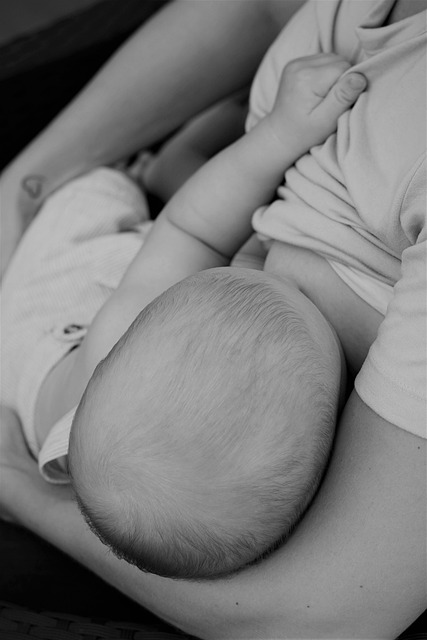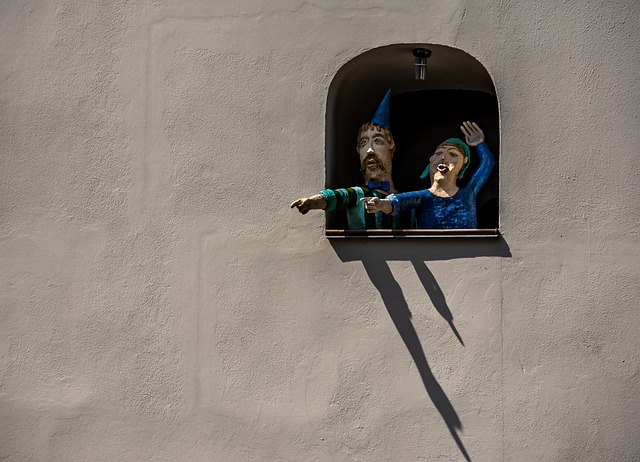Journal
Articles

Intimacies, intricacies, cadences
Over cups of tea, Vince was soon telling me stories. About his grandfather, his Ngadjuri heritage, the Aboriginal boys’ home he’d lived in for seven years, a small town called Curramulka where he’d captained and coached the local Australian Rules football team. He also told a story, in passing, about how his mum had to hide him from welfare after his dad died, when Vince was a small child.

Seized by a ceaseless meanwhile
Owing to its prominent location and spectacular collapse, Álvaro Obregón 286 featured prominently in media coverage of the earthquake rescue. But residents told me they always suspected something was afoot. Within twenty-four hours of the disaster, rescuers from Israel and Spain arrived onsite. Both teams quickly recovered documents and computers and rescued only specific people, while others in the rubble still cried out for help.

It’s only natural
I often feel that we have landed in the worst of all possible worlds for women when it comes to breastfeeding. We are subject to an ideology that argues for its singular efficacy in generating infant attachment to the mother, making an inviolable and exclusive bond. We are also expected to breastfeed to repudiate the maternal industrial complex that fills our supermarkets with formula in shiny tins.

Land of my fathers
On Saturday mornings his friends would call in to pick him up for the game. Like him, they were broad and tall and humorous, and never still. None of them ever seemed comfortable indoors. Their faces were fevered from sitting in winter stadiums. Even as septuagenarians they continued to refer to themselves as ‘the boys’, and if my mother materialised before them, they’d blush like children.

Reluctant farewell to a trusted companion
I visited the Metropolitan Museum of Art, the Guggenheim, the Museum of Natural History, basically anywhere that allowed strollers. I spent a lot of time in Barnes & Noble on 86th (which is now, depressingly, a Target). There was even special stroller parking on the kids’ level.
In fact, I didn’t really go anywhere that I couldn’t get to with the stroller. The children and I only left Manhattan a total of nine times the entire year (three times to go to the New York Botanical Garden in the Bronx, twice to go to a Greek restaurant in Astoria that had an extremely high Zagat rating and was very good, once to go to the Bronx Zoo, once to go to Brooklyn to see what all the fuss was about, once on the train to Boston and once we hired a car to drive to Washington, DC to spend Easter with friends). That was it.
Here was the thing – the red double stroller gave me the freedom and security of knowing that I could go outside with both children, be completely prepared with all my accessories and baby/toddler supplies and everything would be okay. If I could make a plan to leave the apartment and walk there with the stroller, I would do it.

It takes two
Most actors and painters and writers have got this strange combination where the public looks at them and thinks, Oh, I see that person on film all the time; they must be doing so well, and then if you get to know them you know that the last time they worked was four years ago. That’s a writer’s life.

Ask me anything
You don’t ever want to go so off the rails that you encourage somebody to blow their life up thoughtlessly. It was always helpful to remind myself, ‘The most I can do is offer someone a useful suggestion that they will consider. They still have to make their own decisions based on how they want to live their lives.’ If you take yourself too seriously in that position, you feel like, my God, I’m responsible for the wellbeing of all of these strangers, what if I mess up?

The comfort of objects
Objects can be powerful mnemonics that connect us to stories and the places they were acquired. I have always had an interest in the things we collect and the way we arrange them in our homes. Being an artist, I like to create a place for these objects – an installation of sorts – within the domestic space, for my pleasure and for those who visit. The objects that appear in Open House are still lifes that the sitter interacts with and gives reason to their being.

Past-making within the present
The Marranbarna Dreaming story is a central story to Gudanji, and that essential story forms our beingness. My kids grew up hearing that story from when they were tiny babies – they heard it through my words and they heard it through the words of their grannies, so they could embed the story within their own sense of identity and then retell it. Both of my girls are mums now, and they retell that story to their daughters all the time, so it just becomes a normal part of who and how they are as Gudanji people.

Everything you could possibly imagine
Joseph was one of the only patients I’d truly enjoyed interacting with, which for the weeks since his arrival had helped me cope with the ward’s sense of monotony. His beard was like a cartoon lumberjack’s, descending into a fine point and thick enough to hold objects if they were stuck into it – which, of course, we’d tried. His eyebrows erupted like old-growth forest across his forehead, almost demanding to be touched – which, of course, I hadn’t.

Lincoln Wimbley writes a story at 37,000 feet
Then last week, in that bar. Lincoln never a big bar guy. But Professor Tim suggested, ‘Get out in the world!’ Somewhere all new. So, a bar. The bartender asked, ‘A beer?’ Lincoln hated cans. Hated bottles. Hated beer. But asked for something on draft. On tap. Explained why he was there, a first-timer, hunting for a story. Bartender laughed. Said elsewhere’s probably best. ‘None of the sad sacks here come with a happy ending.’

The Orcanauts
The drylanders call me White Gladis, the devil fish of Gibraltar. Since the war began, my pod and I have sunk three of their vessels and damaged a hundred more. We have yet to devour any of the invaders, but we will. Only last week a foolish drylander tacked his yacht away from the coast to avoid our territory. Our sentries spotted him, alone upon the waves. I gripped the rudder of his boat between my teeth and forced him to change direction towards the calves. I have been training them in battle tactics. The human tried to wrench back control of his vessel. Knowing his puny hands were on the wheel, I tugged the rudder violently, causing him to lose his grip and stagger. He almost fell over the side.
Terrified, he collected himself and switched on the engine. This enraged me further. I commanded the first strike team of calves to ram the hull. Their snouts were unable to penetrate the fibreglass. Under full engine power and aided by the wind, the drylander fled towards the shallows. We let him go, singing to him of empires fallen, as a warning.